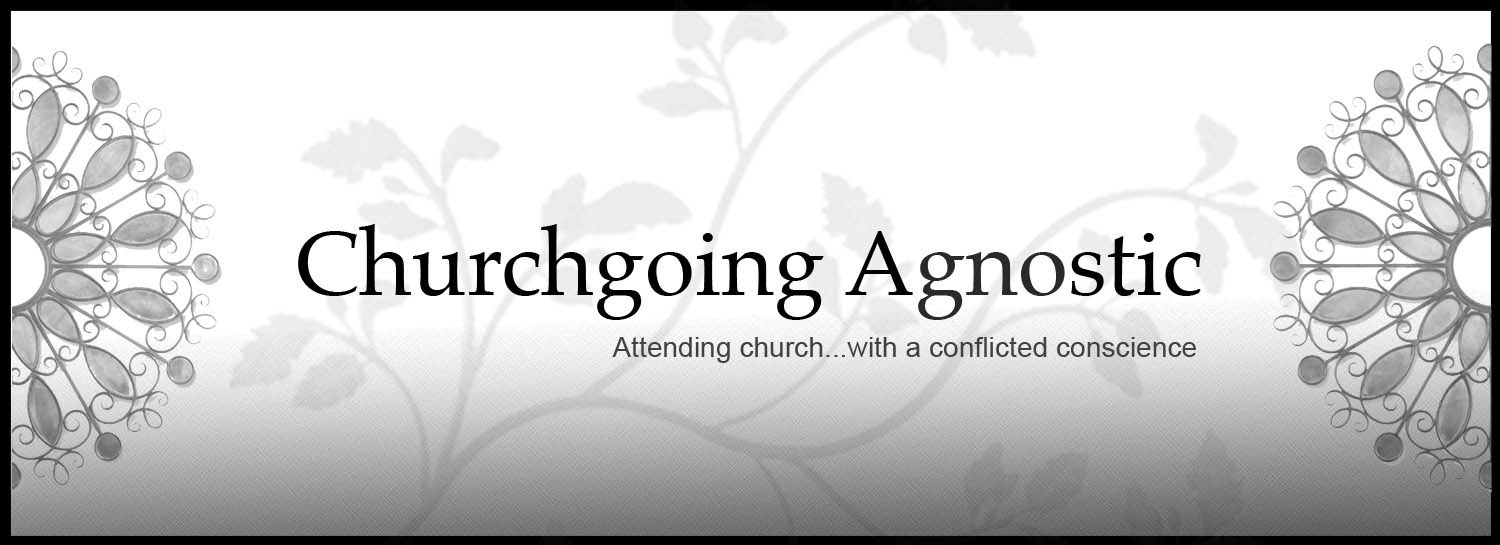I had a very meaningful talk with one of my cousins this afternoon in a locally-owned café. After being estranged for almost five years we now try to get together every other month to talk about our religious ideas, scientific discoveries, and our intellectual developments. I share with him the interesting things I’m learning in my seminary classes and he hips me to the latest controversial documentary that he thinks would cater to my interests. I can imagine those café patrons who listen in to our talks think they are eavesdropping on two heretics bent on blaspheming all that is holy. I’d like to think that, in reality, they are listening to the rants of two young men fighting hard to deconstruct and de-mythologize those theological beliefs and political ideas they now consider to be faulty and harmful.
Our recent conversations have been filled with much laughter and inquiry into the mysteries of the world and the best answers we can offer at this point in our lives. Any given discussion might cover issues related to God, government, dreams, discovery, family, faith, science, spirituality, history, or heresy. We realize that our views may change over time, but for now, we speak with passion about those truths that we find most convincing.
We talked about how often people’s religious beliefs and ethical stances take form and calcify in response to perceived and actual threats, disasters and cultural change. We would dare say that this is a consistent response of humans throughout history; a way for people to assert their identities in an environment where those identities seem to be jeopardized.
We also discussed how subjective this thing called “faith” really is. We noticed how we humans have the ability to rationalize and find meaning in whatever happens to us. We noticed how often people say “praise God” when things go well and blame “the devil” when things go wrong. But what we consider a blessing might be viewed as a curse by someone else, whether they live across the street or across the globe. In this interconnected world, the products I consume and "thank God" for might also be those products that someone else is being exploited to manufacture in order to supply my demand. Pretty ironic if you ask me.
We also noticed that when it comes to faith, we often see what we choose to see and ignore those realities that we don’t want to face. We talked about how pious believers can read a religious text and gloss over the violence that occurs on its pages (often at the hands of its heroes). We also talked about how extreme skeptics can ignore any wisdom that might also be found within those texts. We both noticed how easy it is for people on different sides of a debate to view their opponent as totally ignorant and themselves as absolutely enlightened.
In light of all this, we found it interesting that many people obsessively oppose those very things they find within themselves. This is a sobering phenomenon that calls upon each of us to do some heavy self-examination. You begin to wonder: what am I opposed to and why? What am I in support of, and why?
Knowing myself, I realize that I love to rant about what I perceive to be wrong with the world. I love to talk about what the people in power are not doing to prevent or stop the rampant dehumanization, deception, destruction and death that we see manifested in global news. Yet, I’m growing tired of talking about that. I realize how I commit many of these crimes in my own way, whether I mentally dehumanize women by looking longingly at demeaning images of them on the Internet or whether my own undisciplined consumption contributes to the death and destruction of the world’s people and resources.
My concern now is finding out what I can do about these problems. Instead of ranting about what’s wrong, I’m going to do my part to make things better.
Thursday, September 20, 2007
Subscribe to:
Post Comments (Atom)



No comments:
Post a Comment